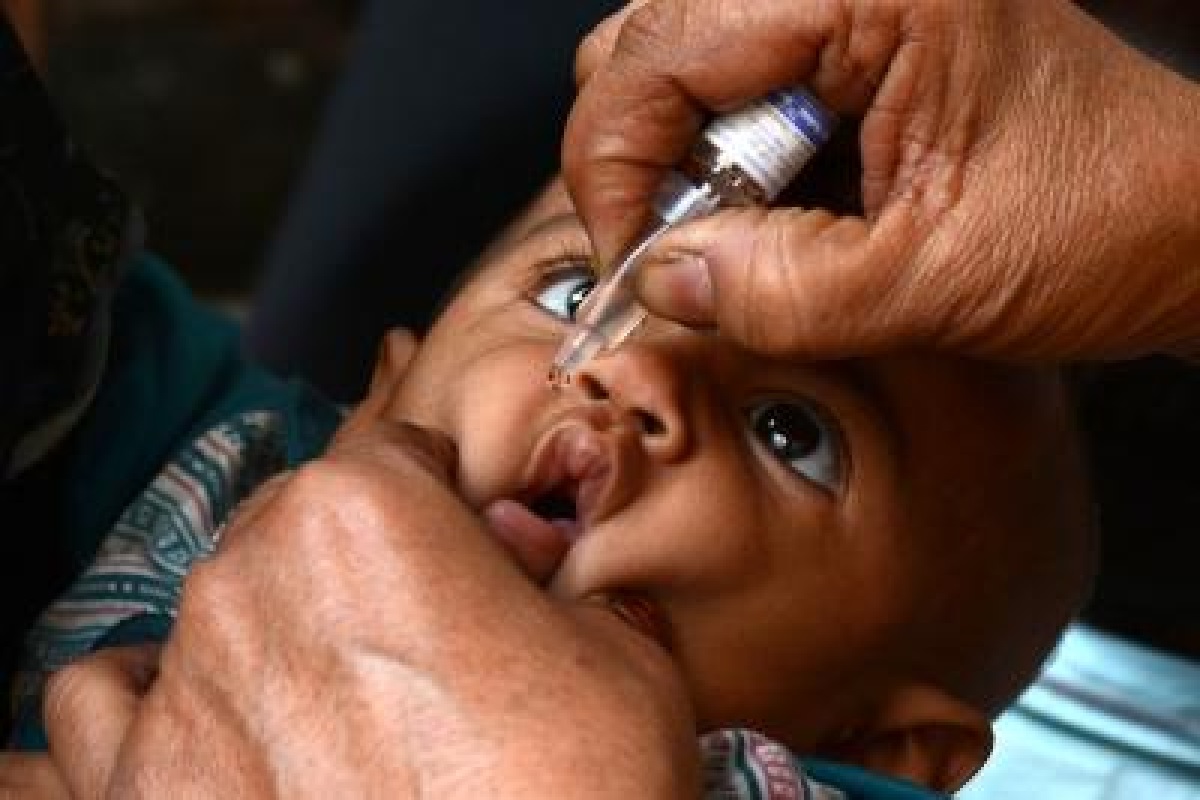Delaying a humanitarian pause in the Gaza Strip increases the risk of polio spreading among children, the United Nations Relief and Works Agency for Palestine Refugees in the Near East (UNRWA) has warned.
Philippe Lazzarini, Commissioner-General of UNRWA, emphasised on social media platform X on Friday that simply bringing vaccines into Gaza and maintaining the cold chain is insufficient.
Advertisement
“Very sad. WHO confirms that a 10-month-old baby in Gaza is now paralysed due to Polio. The first case in more than 25 years. Polio will not make the distinction between Palestinian & Israeli children. Delaying a humanitarian pause will increase the risk of spread among children,” Lazzarini said.
“To have an impact, the vaccines must end up in the mouths of every child under the age of 10,” he added.
UN Secretary-General Antonio Guterres announced in mid-August that the UN plans to launch a two-phase vaccination campaign at the end of the month to immunize more than 640,000 children in Gaza under the age of 10.
“I am appealing to all parties to provide concrete assurances right away guaranteeing humanitarian pauses for the campaign,” Guterres said.
Hamas has agreed to the UN’s call for a truce to enable the vaccination effort. On Aug. 16, the Palestinian health ministry reported that a 10-month-old child in Deir al-Balah, central Gaza, tested positive for a vaccine-derived poliovirus strain. The World Health Organization (WHO) noted that Gaza had been polio-free for 25 years before the conflict began in October 2023.
Polio is a highly infectious viral disease that primarily affects children under five. According to the WHO, it spreads person-to-person, mainly through the fecal-oral route or, less commonly, through contaminated water or food.











